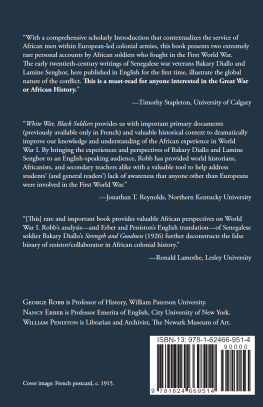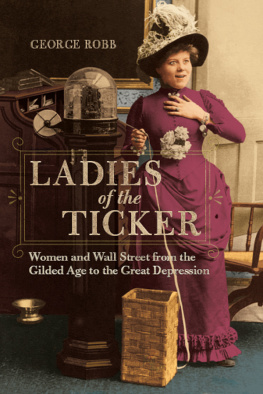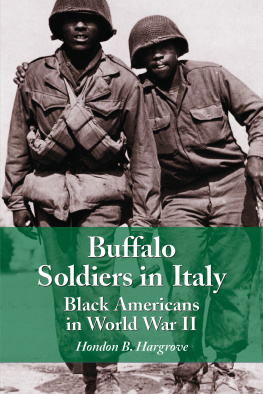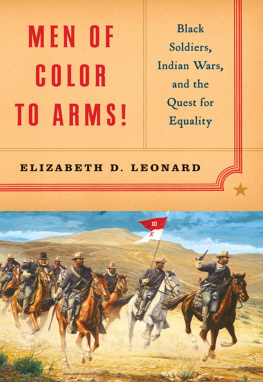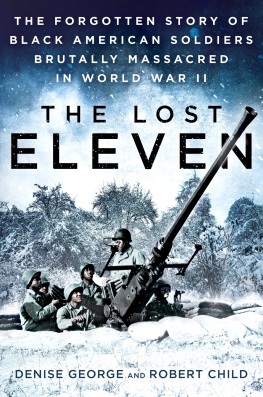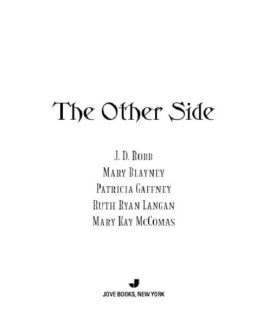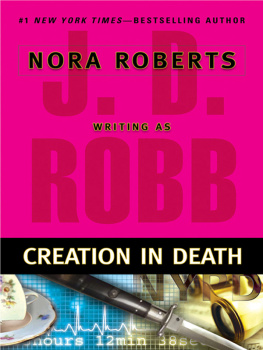George Robb - White War, Black Soldiers
Here you can read online George Robb - White War, Black Soldiers full text of the book (entire story) in english for free. Download pdf and epub, get meaning, cover and reviews about this ebook. year: 2020, publisher: Hackett Publishing Company, Inc., genre: Politics. Description of the work, (preface) as well as reviews are available. Best literature library LitArk.com created for fans of good reading and offers a wide selection of genres:
Romance novel
Science fiction
Adventure
Detective
Science
History
Home and family
Prose
Art
Politics
Computer
Non-fiction
Religion
Business
Children
Humor
Choose a favorite category and find really read worthwhile books. Enjoy immersion in the world of imagination, feel the emotions of the characters or learn something new for yourself, make an fascinating discovery.
- Book:White War, Black Soldiers
- Author:
- Publisher:Hackett Publishing Company, Inc.
- Genre:
- Year:2020
- Rating:4 / 5
- Favourites:Add to favourites
- Your mark:
- 80
- 1
- 2
- 3
- 4
- 5
White War, Black Soldiers: summary, description and annotation
We offer to read an annotation, description, summary or preface (depends on what the author of the book "White War, Black Soldiers" wrote himself). If you haven't found the necessary information about the book — write in the comments, we will try to find it.
George Robb: author's other books
Who wrote White War, Black Soldiers? Find out the surname, the name of the author of the book and a list of all author's works by series.
White War, Black Soldiers — read online for free the complete book (whole text) full work
Below is the text of the book, divided by pages. System saving the place of the last page read, allows you to conveniently read the book "White War, Black Soldiers" online for free, without having to search again every time where you left off. Put a bookmark, and you can go to the page where you finished reading at any time.
Font size:
Interval:
Bookmark:
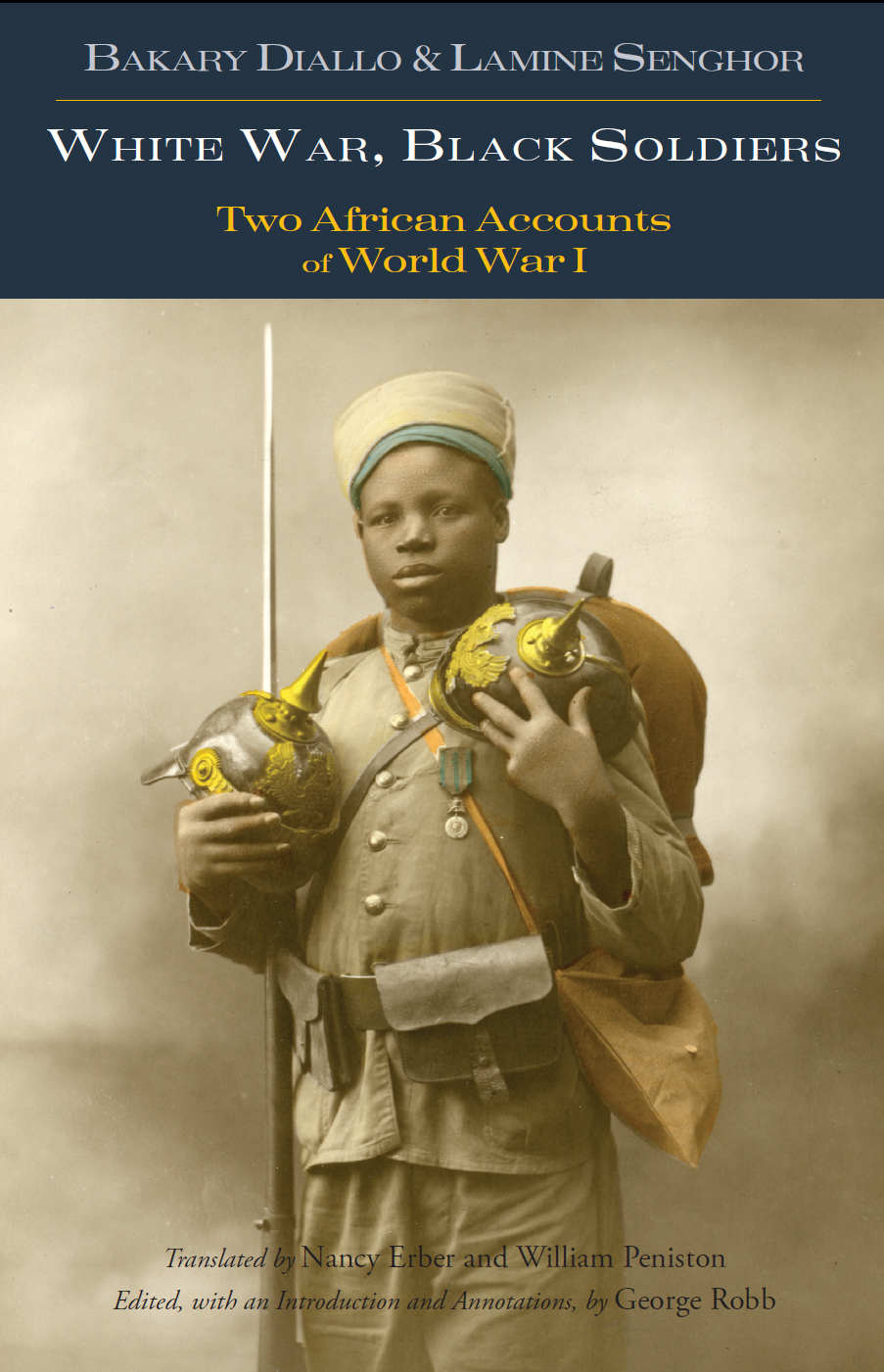
Bakary Diallo & Lamine Senghor
White War, Black Soldiers
Two African Accounts
of World War I
Bakary Diallo & Lamine Senghor
White War, Black Soldiers
Two African Accounts
of World War I

Translated by
Nancy Erber and William Peniston
Edited, with an Introduction and Annotations, by
George Robb
Hackett Publishing Company, Inc.
Indianapolis/Cambridge
Copyright 2021 by Hackett Publishing Company, Inc.
All rights reserved
Printed in the United States of America
24 23 22 21 1 2 3 4 5 6 7
For further information, please address
Hackett Publishing Company, Inc.
P.O. Box 44937
Indianapolis, Indiana 46244-0937
www.hackettpublishing.com
Cover design by E. L. Wilson
Interior design by Elana Rosenthal
Composition by Aptara, Inc.
Library of Congress Control Number: 2020943575
ISBN-13: 978-1-62466-952-1 (cloth)
ISBN-13: 978-1-62466-951-4 (pbk.)
ePub3 ISBN: 978-1-62466-976-7
Kindle ISBN: 978-1-62466-977-4
David Northrup, Seven Myths of Africa in World History .
The Political Thought of African Independence: An Anthology of Sources . Edited, with an Introduction, by Gregory Smulewicz-Zucker; with the Assistance of Chelsea Schields.
Michael A. Rutz, King Leopold's Congo and the Scramble for Africa: A Short History with Documents .
Sunjata: A New Prose Version . Edited and Translated, with an Introduction, by David C. Conrad.
Contents
The page numbers in curly braces {} correspond to the print edition of this title.
This book project has been a few years in the making, and the editor and translators would like to thank the many people who have helped us along the way. First, and foremost, we are indebted to Rick Todhunter at Hackett Publishing for his unswerving support and patience. The two anonymous reviewers for Hackett provided numerous valuable suggestions from which the book has benefited. Bonnie Smiths enthusiasm for this project early on helped sustain us, and her advice was crucial in keeping us going. Christa Clarke and Molly ODonnell provided valuable referrals regarding African history and culture. Delia Dunlap and Oumar Ba were especially helpful in clarifying many aspects of West African culture and languages. Lastly, Antoinette Burton and Ellen Ross read sections of this book in draft form and offered astute suggestions for revisions. To all these people, who generously gave their time and expertise, we express our gratitude.
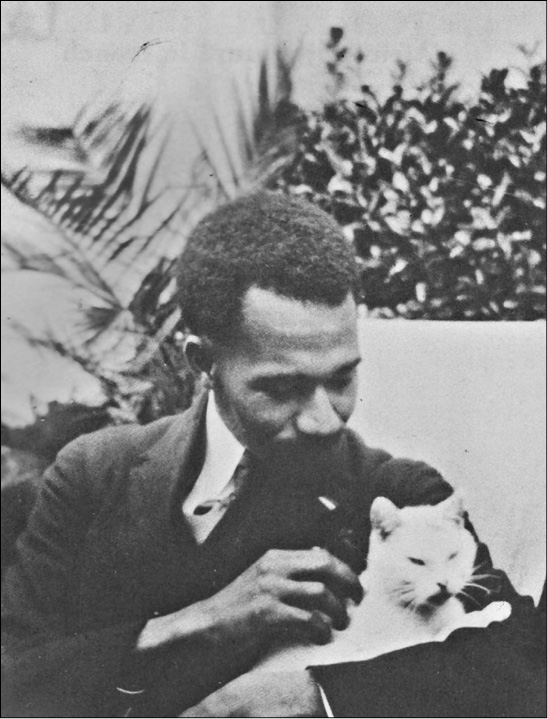
Bakary Diallo in France in 1928, shortly before his return to Senegal. From Dorothy S. Blair, African Literature in French: A History of Creative Writing in French from West and Equatorial Africa (Cambridge: Cambridge University Press, 1976). Reproduced with permission of The Licensor through PLSclear.
{1}
Strength and Goodness ( Force-Bont ) by Bakary Diallo is one of the only memoirs of World War I ever written or published by an African. It remains a pioneering work of African literature as well as a unique and invaluable historical document about colonialism and Africas role in the Great War. The book recounts in very personal terms Diallos childhood in rural Senegal, his recruitment into the French Army of West Africa, and his combat experiences in Morocco and later in France, where he was seriously wounded at the Battle of the Marne in 1914. Diallo shares his first impressions of France and the French people, his relations with other African soldiers from different ethnicities and social ranks, his war experience as the leader of a segregated squad, and, after his injury, his interactions with the military bureaucracy and an informal support system of French civilians. Interspersed among Diallos wartime recollections are his eloquent pleas for racial equality and the brotherhood of all nations. More controversially, Diallo also praises Frances civilizing mission in Africa.
Lamine Senghors The Rape of a Country ( La Violation dun pays ) is another pioneering French work by a Senegalese veteran of World War I, but one that offers a stark contrast to Strength and Goodness . Senghors short story is a dystopian fable about the evils of French imperialism and the exploitative nature of the Great War. Senghor wrote The Rape of a Country as a propaganda pamphlet for the Communist Party, and he hoped that his work would incite rebellion against French colonial rule in Africa.
Diallos memoir was much celebrated as the first book in French by a black African author upon its publication in 1926, and it complemented the many war books written by European and American veterans at this time, such as Erich Maria Remarques All Quiet on the Western Front (1929), Robert Gravess Good-bye to All That (1929), and Ernest Hemingways A Farewell to Arms (1929). Unfortunately, Strength and Goodness has been out of print for decades and no English translation has ever been published. Senghors The Rape of a Country never circulated widely at the time of its publication, and the French {2} government prevented its export to Africa. Although a new French language edition recently has been published, the work has still never been translated into English.
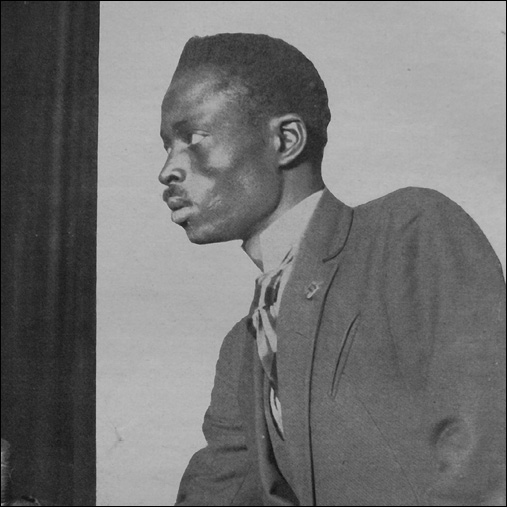
Lamine Senghor in 1927, speaking at the League against Imperialism in Brussels.
The centennial of World War I is an ideal moment to present Strength and Goodness and The Rape of a Country to a wider, English-reading public. Until recently, Africas role in the war has been neglected by historians and largely forgotten by the general public. Eurocentric versions of the war still predominate in popular culture, including Peter Jacksons recent compilation of wartime film footage, They Shall Not Grow Old (2018), which includes no images of colonial troops.
Even as historians are reintegrating Africa into narratives of the Great War, they struggle to include African voices. Most African soldiers were drawn from rural, nonliterate backgrounds and few firsthand accounts of the war by Africans have survived. Some historians have begun recovering the lost voices of African soldiers through letters and oral histories. During the 1980s, Joe Lunn interviewed dozens of surviving African veterans of World War I as the basis for his 1999 book, Memoirs of the Maelstrom: A Senegalese Oral History of the First World War . In 1985, another researcher, Guy Thilmans, found a cache of letters written during World War I by four Senegalese soldiers stationed in France to a friend of theirs back home. A collection of these letters was published in 2014. Given the scarcity of firsthand accounts of the war by Africans, Strength and Goodness is a pivotal addition to our knowledge of the war. While over one thousand European, North American, and Australian soldiers published memoirs about World War I, only one African, Bakary Diallo, did so.
Diallo was an unlikely chronicler of the war, as he was illiterate when he first joined the military. Born in 1892 in MBala in the Futa Toro region of northwest Senegal, Bakary Diallo spent his childhood as a shepherd among the Fula people. Dissatisfied with his monotonous pastoral life, he left his village for the city of Saint-Louis, where he joined the French Colonial Army on February 4, {4} 1911. After a whirlwind training session with a diverse group of African recruits, Diallo and his comrades were sent to Morocco in May 1911 to suppress an Arab rebellion against French rule. When World War I broke out in August 1914, Diallos unit was rushed to France, where it participated in the Battle of the Marne, halting the German advance on Paris. Having been promoted to corporal, Diallo volunteered to lead a night patrol of twelve men in a forest held by the Germans. He was seriously wounded on November 3, 1914, his jaw shattered by German gunfire. Bakary Diallo spent the next several years in a series of military hospitals and rest homes, where he endured thirteen separate operations to reconstruct his face. Awarded military honors, Diallo was able to obtain French citizenship in 1920, but he quit the army that same year, when the authorities refused to grant him equal pay with French soldiers. He remained in France for several years, working a series of menial jobs, including as doorman of the Hotel National in Monte Carlo. During these years of hardship, he was befriended and assisted by a number of French people, including the artist Lucie Cousturier, who helped him publish his memoirs, Strength and Goodness , in 1926. When he finally returned to Senegal in 1928, Bakary Diallo worked for the French colonial government as a messenger, interpreter, and finally, chef de canton . In 1953, he retired to his native village where he died in 1979 at age eighty-seven. Before his death, the French government awarded him the Lgion dhonneur (Legion of Honor) for his service to the state.
Font size:
Interval:
Bookmark:
Similar books «White War, Black Soldiers»
Look at similar books to White War, Black Soldiers. We have selected literature similar in name and meaning in the hope of providing readers with more options to find new, interesting, not yet read works.
Discussion, reviews of the book White War, Black Soldiers and just readers' own opinions. Leave your comments, write what you think about the work, its meaning or the main characters. Specify what exactly you liked and what you didn't like, and why you think so.

